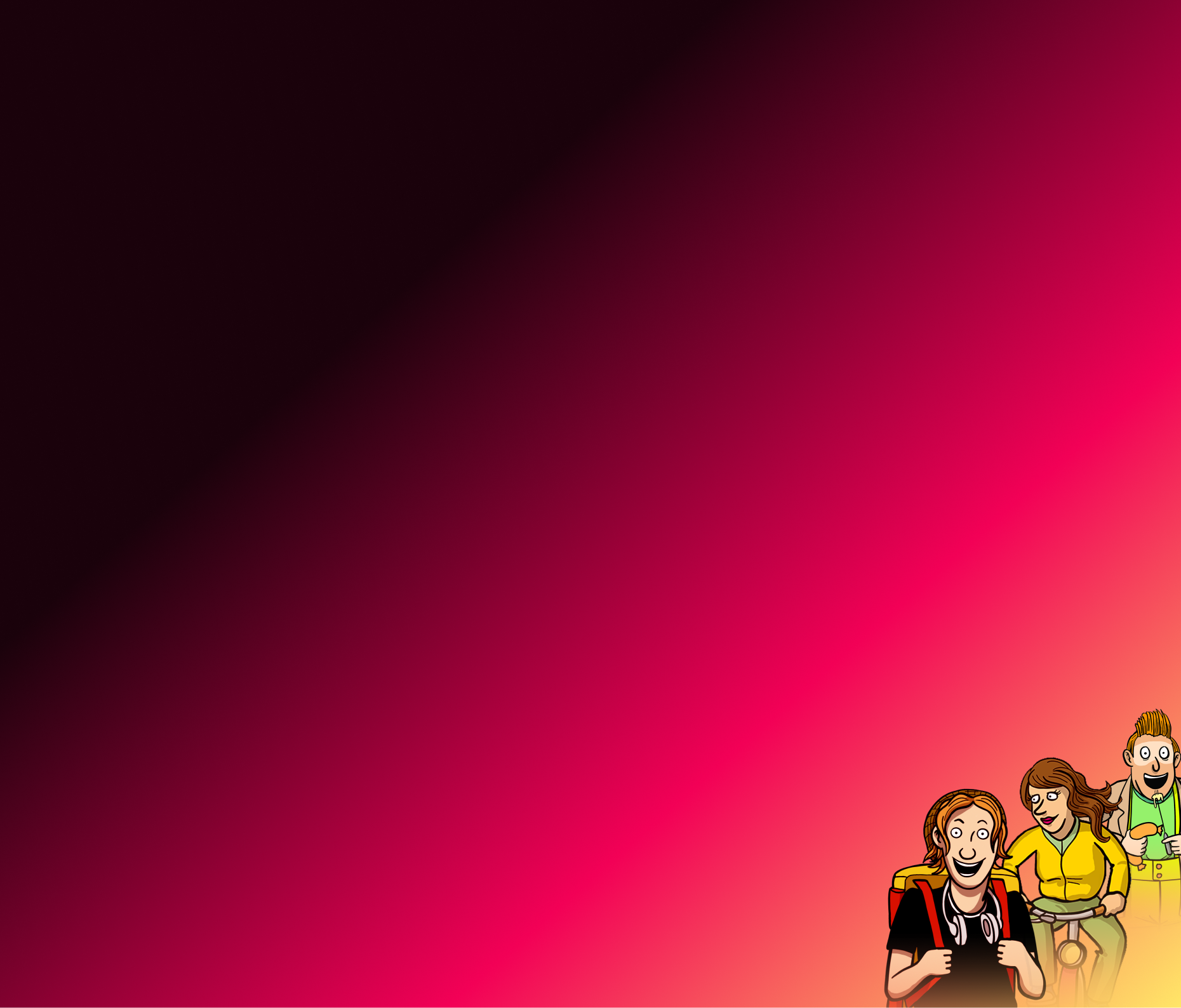Umlauts
The vowel sounds a, o, u and au can all take an umlaut to become ä, ö, ü and äu. Here's how the umlaut changes the pronunciation:
- The vowel a is pronounced "ah". The vowel ä is pronounced more like "eh":
wir hatten / wir hätten
we had / we would have
der Nagel / die Nägel
the nail / the nails
sagen / sägen
to say / to saw
- The vowel o is pronounced "oh". The vowel ö is pronounced like this:
wir mochten / wir möchten
we liked / we would like
groß / größer
big / bigger
der Vogel / die Vögel
the bird / the birds
- The vowel u is pronounced like "ooh", with the tongue low in the mouth. The vowel ü is pronounced with the tongue higher in the mouth.
die Mutter / die Mütter
the mother / the mothers
jung / jünger
young / younger
sie fuhren / sie führen
they were driving / they are leading
- The vowel sound au is pronounced like the English "ow". The vowel sound äu is pronounced like "oi".
tauschen / täuschen
to swap, to exchange / to deceive, to trick
ihr lauft / du läufst
you walk (plural) / you walk (singular)
Remember: umlauts are letters in their own right and can completely alter the meaning of a word!
Wir singen schon.
We are singing already.
Wir singen schön.
We are singing beautifully.
Still facing difficulties with 'Umlauts'? Learn and enhance your German grammar through our online German course. Start with a free test and improve today!
What our users say:
Improve your German further and test Wunderbla, online German lessons.

